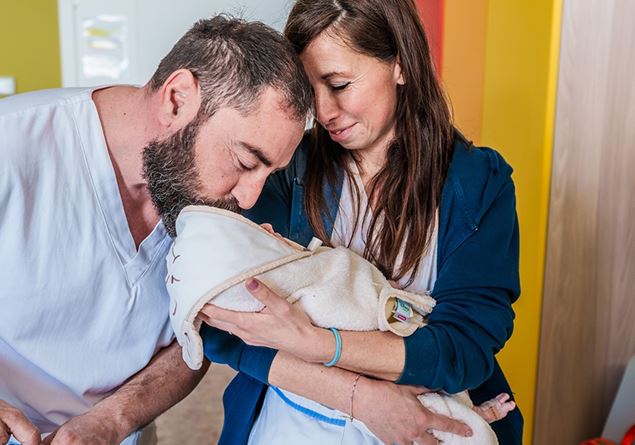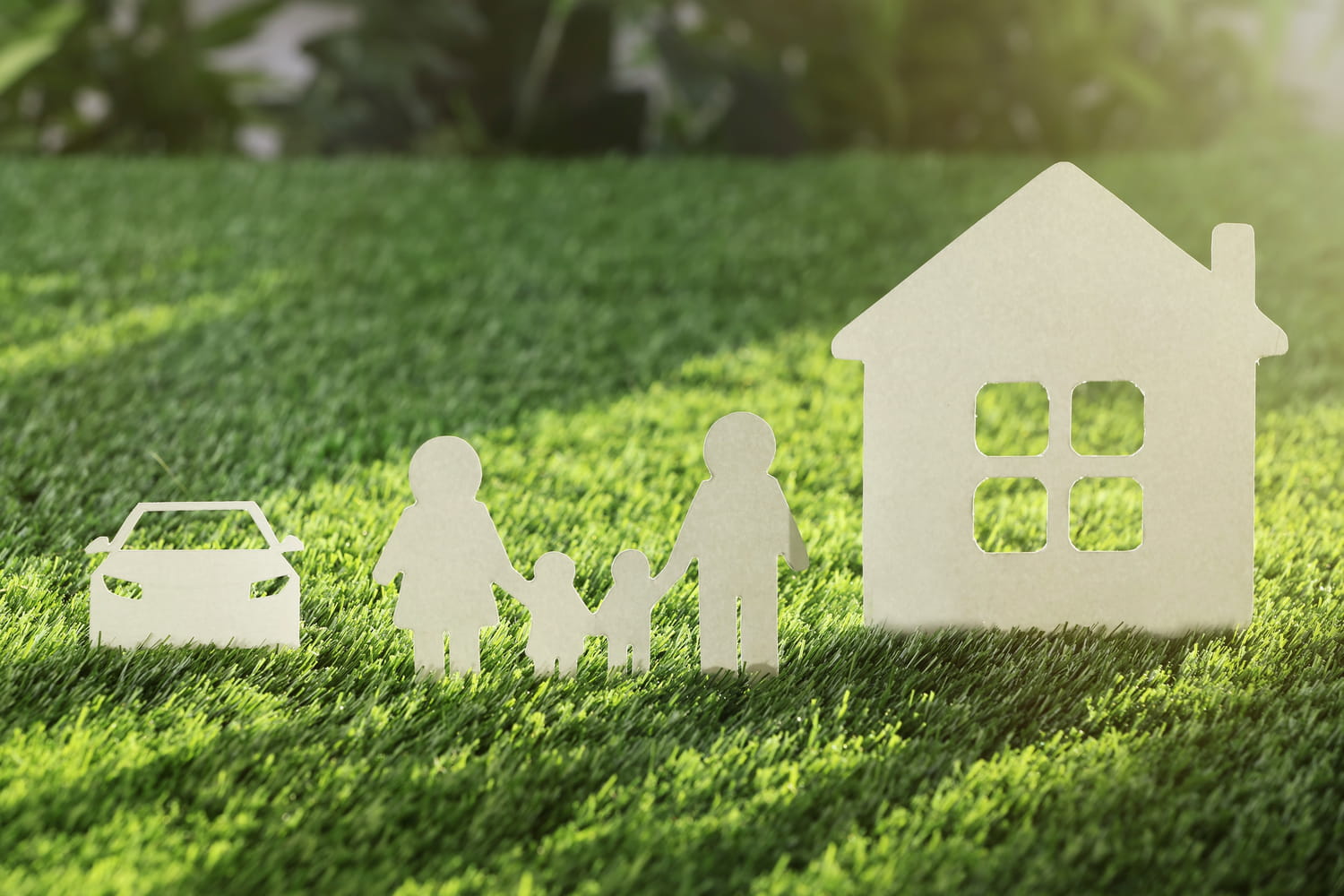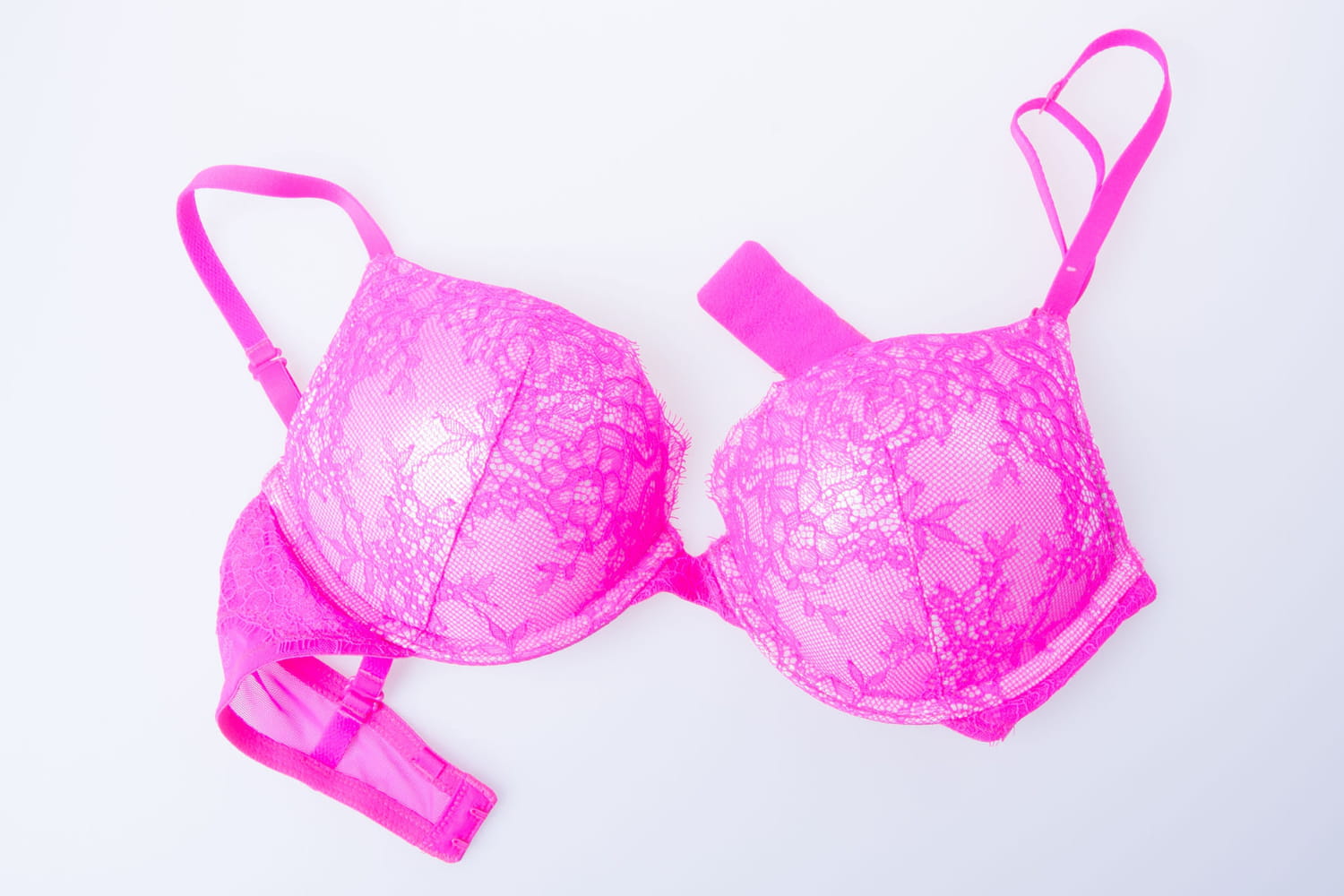Specialties count for the baccalaureate. High school students must make their choice from second grade. How to choose them and what are the dates of the tests in 2025?
In the general and technological streams, high school students must opt, from second grade, for three specialty teaching. They make their choice according to their tastes and motivations, and also according to their career plan in higher education. These specialties were set up to allow students to discover new horizons and to help them better navigate after the baccalaureate. The three specialties are thus studied in the first class, but only two specialties (of your choice) are kept in the final year, for the baccalaureate exams.
What are the dates of the specialty tests?
In 2025, the specialty written tests will be held Tuesday 17, Wednesday 18 and Thursday 19 June 2025. The same month, candidates also take their Grand oral exam.
Each candidate chooses two specialty courses which are the subject of one test per day. Students are therefore invited over two days (one day per test) to work on a written subject. “The subjects comply with the restrictive program of each discipline and the expectations of the final year class” explains the ministry.
What is the coefficient for specialty tests?
The two specialty examinations of the baccalaureate each have a coefficient of 16. “This therefore represents 32% of the final grade,” specifies the government website.
What are the 12 specialties of the general baccalaureate?
- Arts: Circus arts, Visual arts, Cinema-audiovisual, Dance, History of the arts, Music, Theater
- History-geography, geopolitics, political sciences: In first grade, students study democracy, the international power of states, political borders, information issues and religious facts in their relationships with power.
- Humanity, literature, philosophy: Literature and languages and cultures of Antiquity, Foreign and regional languages, literatures and cultures. High school students study: The powers of speech” from Antiquity to the Classical Age, “Representations of the world” during the Renaissance, the Classical Age and the Enlightenment period.
- Foreign Languages, Literatures and Cultures: high school students, in first grade, can follow specialized teaching in “Foreign and regional languages, literatures and cultures (LLCER)” in English, contemporary world English, German, Spanish, Italian and in regional languages Basque, Breton, Catalan, Corsican, Occitan-langue d’oc, Tahitian or Creole.
- Literature, Languages and Cultures of Antiquity : this specialty teaching is common to the Latin and Greek program, with a strong literary character.
- Mathematics : Algebra and geometry, Analysis, Probability, Algorithmics and programming. This program allows you to deepen the concepts covered in 2de, introduces new concepts and develops a taste for mathematics.
- Digital and computer sciences : this specialized teaching allows you to acquire the concepts and methods that underpin computer science, in its scientific and technical dimensions.
- Life and Earth Sciences: students study scientific culture based on the fundamental concepts of biology and geology. The program addresses three main themes: the Earth, life and the evolution of living things; contemporary issues facing the planet, particularly those of the environment, sustainable development, resource management and risks; the human body and health.
- Engineering sciences: high school students focus on the study of artificial objects and systems in order to acquire the skills necessary to innovate and materialize solutions to certain types of problems.
- Economic and social sciences: this teaching is the continuation of the second year program. Students therefore continue to learn about the economic, social and political issues of contemporary societies.
- Physics-Chemistry: 4 themes are covered including “Constitution and transformations of matter”, “Movement and interactions”, “Energy: conversions and transfers”, “Waves and signals”.
- Physical Education, Sports Practices and Culture: Students do not only play sports since other disciplinary fields are integrated (sciences, humanities, etc.) with in particular a theoretical aspect allowing them to also learn about health and well-being professions.
- In agricultural high schools only, teaching “biology ecology” is also proposed.
What are the specialties for the technological baccalaureate?
ST2S
- Human chemistry, biology and physiopathology
- Health and social sciences and technology
STL
- Physics, chemistry and mathematics
- Biochemistry-biology-Biotechnology
- Physical and chemical sciences in the laboratory
STD2A
- Design analysis and methods
- Conception and creation in design and crafts
STI2D
- Engineering, innovation and sustainable development (2I2D)
- Physics, chemistry and mathematics
STMG
- Management, management sciences and digital
- Law and economics
STHR
- Culinary Sciences and Technologies (STC) and Services (STS)
- Scientific education food environment (ESAE)
- Economy – hotel management
For the S2TMD sectorthe two specialties are: culture and sciences, as well as practical.
Students make their choice depending on their appetite for the specialties offered, but also according to their level of motivation. Likewise, the knowledge that the student wishes to deepen and his career plan in higher education will guide him in his decision. Of course, finding out beforehand and discussing it with your main teacher will allow you to make more informed choices.
Finally, be aware that the choice of a specialty in no way prevents access to training: the specialties are used to experiment first and foremost with what you like or not. To help Secondary students make their choice, Onisep has developed an application called Horizons21.fr.








